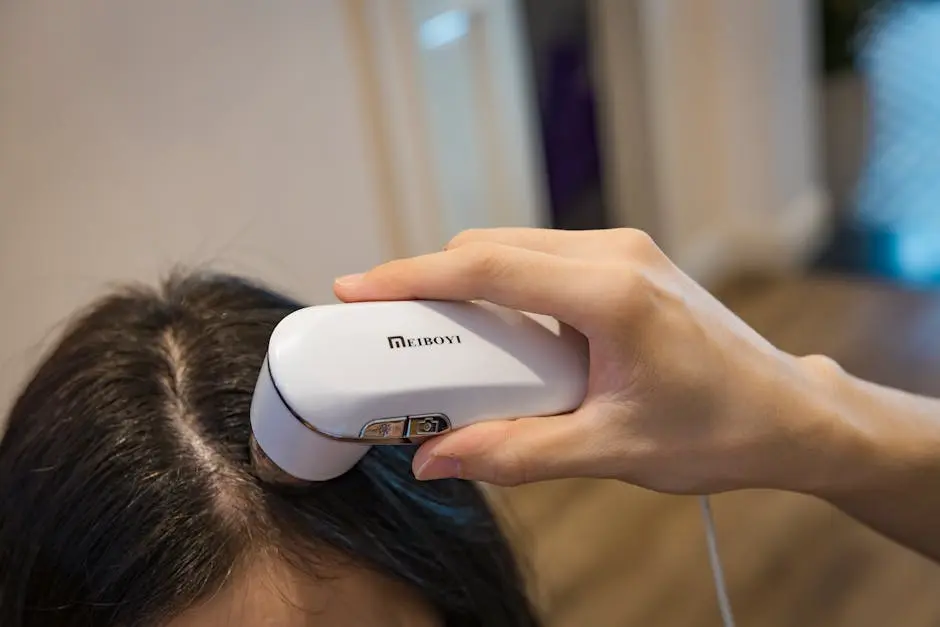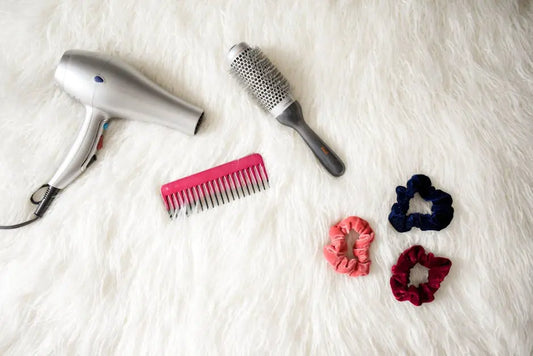An itchy scalp can be not only annoying but also concerning. While it might seem like a minor inconvenience, understanding the reasons behind an itchy scalp can help you find suitable remedies and improve your scalp health.
Common Causes of an Itchy Scalp
Understanding the primary causes such as dandruff, dry skin, or allergic reactions is vital to pinpointing why your scalp is itchy. Dandruff is one of the most frequent culprits and occurs when skin cells renew too quickly, leaving flakes and itchiness in its wake.
Another potential cause for an itchy scalp is psoriasis. This condition accelerates skin cell growth, creating thick, crusted patches that can be both itchy and tender. Additionally, eczema can lead to irritation and discomfort, often triggered by allergens or irritants in hair products.
Dry scalp, often mistaken for dandruff, can result from environmental factors like low humidity or excessive use of harsh shampoos. Allergic reactions to ingredients in hair dyes or shampoos can also lead to itchiness and are often identified by a sudden onset of discomfort following product use.
Sometimes, lifestyle factors such as stress or dietary deficiencies are at play. Stress can exacerbate existing skin conditions, while a lack of essential nutrients can weaken your scalp’s natural defenses, leading to irritation.
How to Identify Symptoms
Different causes have different symptoms. Learning to recognize whether your scalp issue comes with flakes, redness, or other signs helps in narrowing down potential causes. Redness and irritation often accompany allergies, whereas dandruff typically involves visible flakes without redness.
In cases of psoriasis, look for patches of dry skin that may crack or bleed. Similarly, dryness typically presents as a lack of moisture rather than visible flakes. An itchy scalp due to lice will be accompanied by nits or lice, requiring a different type of attention.
Taking note of when symptoms occur can also be telling. Do they worsen as the weather changes, or after you switch hair products? Such patterns can help immensely in determining the underlying issue and tailoring your care accordingly.
Home Remedies and Over-the-Counter Treatments
Simple changes in your hair care routine or OTC treatments can often help. Consider trying an anti-dandruff shampoo or natural remedies like tea tree oil. Tea tree oil is renowned for its antimicrobial properties, helping to combat conditions that cause itchiness.
Essential oils like peppermint and lemongrass also show promise. Peppermint offers a cooling effect and can alleviate irritation, as confirmed by studies evaluating its soothing properties. Similarly, lemongrass oil solutions have been found effective in reducing dandruff-induced itch.
For those looking to the pantry for solutions, apple cider vinegar can balance scalp pH and reduce conditions like psoriasis and seborrheic dermatitis. Its antifungal and antibacterial properties may alleviate itch, though caution is advised due to its potent nature.
Colloidal oatmeal is another home remedy to consider, especially for dealing with inflammation and dryness. Its protective coating locks in moisture, reducing both itching and flaking over time.
When to See a Doctor
If the itch persists or is accompanied by other worrying symptoms, it’s crucial to consult a healthcare professional to rule out more serious conditions. Symptoms such as severe redness, blistering, or pain may suggest infections or other dermal issues requiring medical attention.
Some scalp conditions can only be accurately diagnosed by a dermatologist. They can conduct tests to determine whether allergies, chronic skin conditions, or infections are present, and prescribe appropriate medications or treatments.
Continuous discomfort despite home remedies or OTC treatments is a sign that professional evaluation is needed. Prompt consultation can prevent further complications and ensure your scalp health is restored efficiently.
Finding Relief for Your Itchy Scalp
Addressing an itchy scalp requires understanding its root cause. By identifying symptoms and adopting proper care routines, you can often alleviate this common issue. Remember, persistent problems should be discussed with a healthcare professional for proper diagnosis and treatment.





